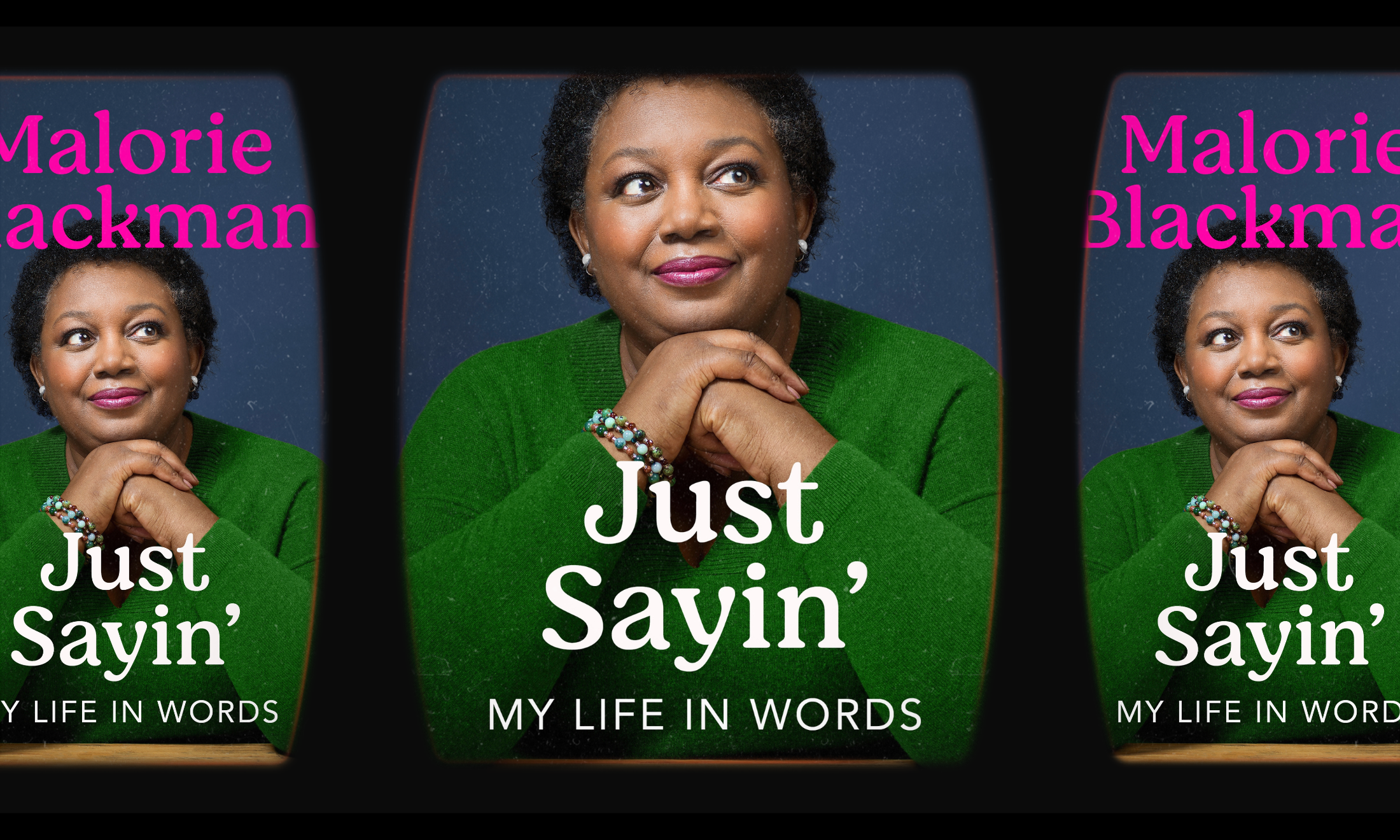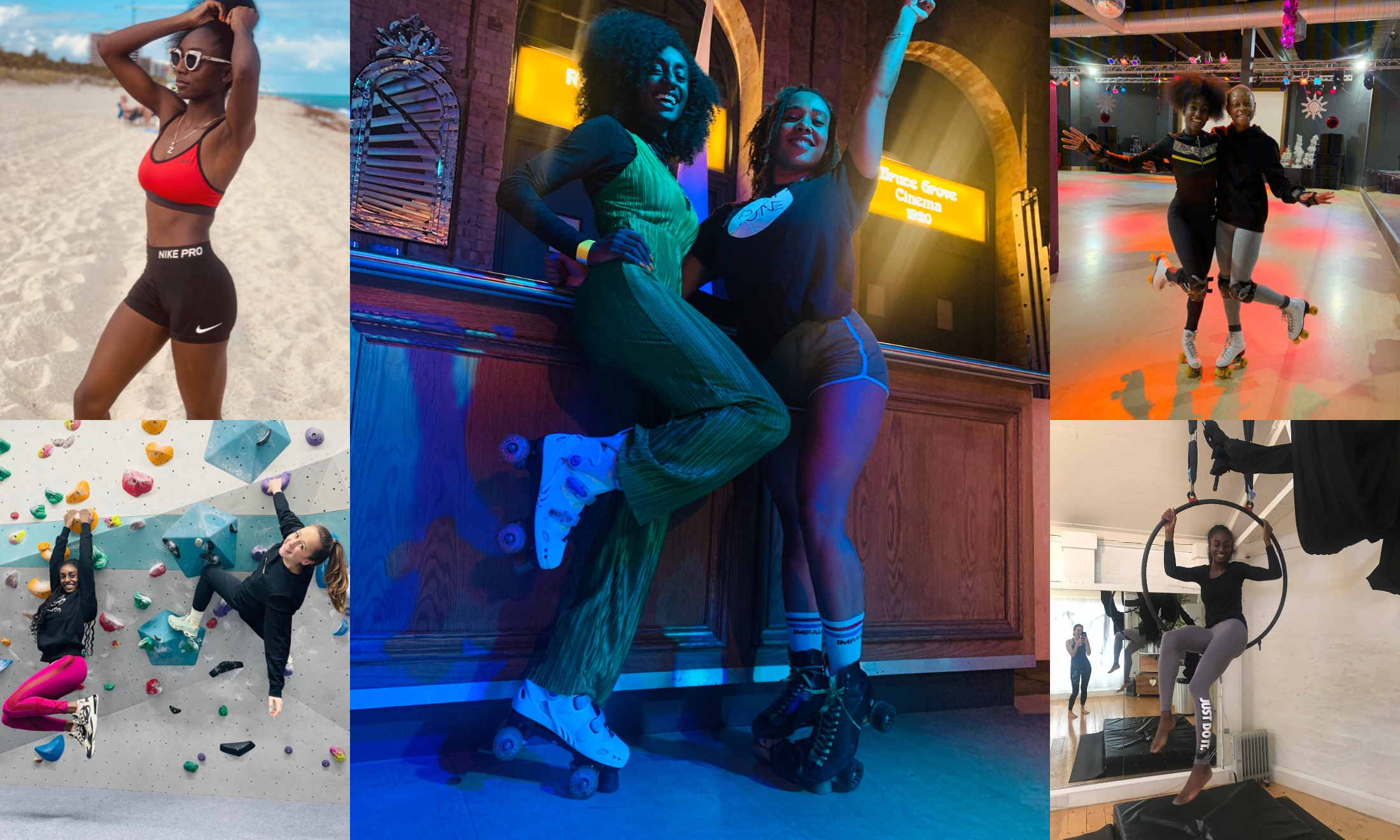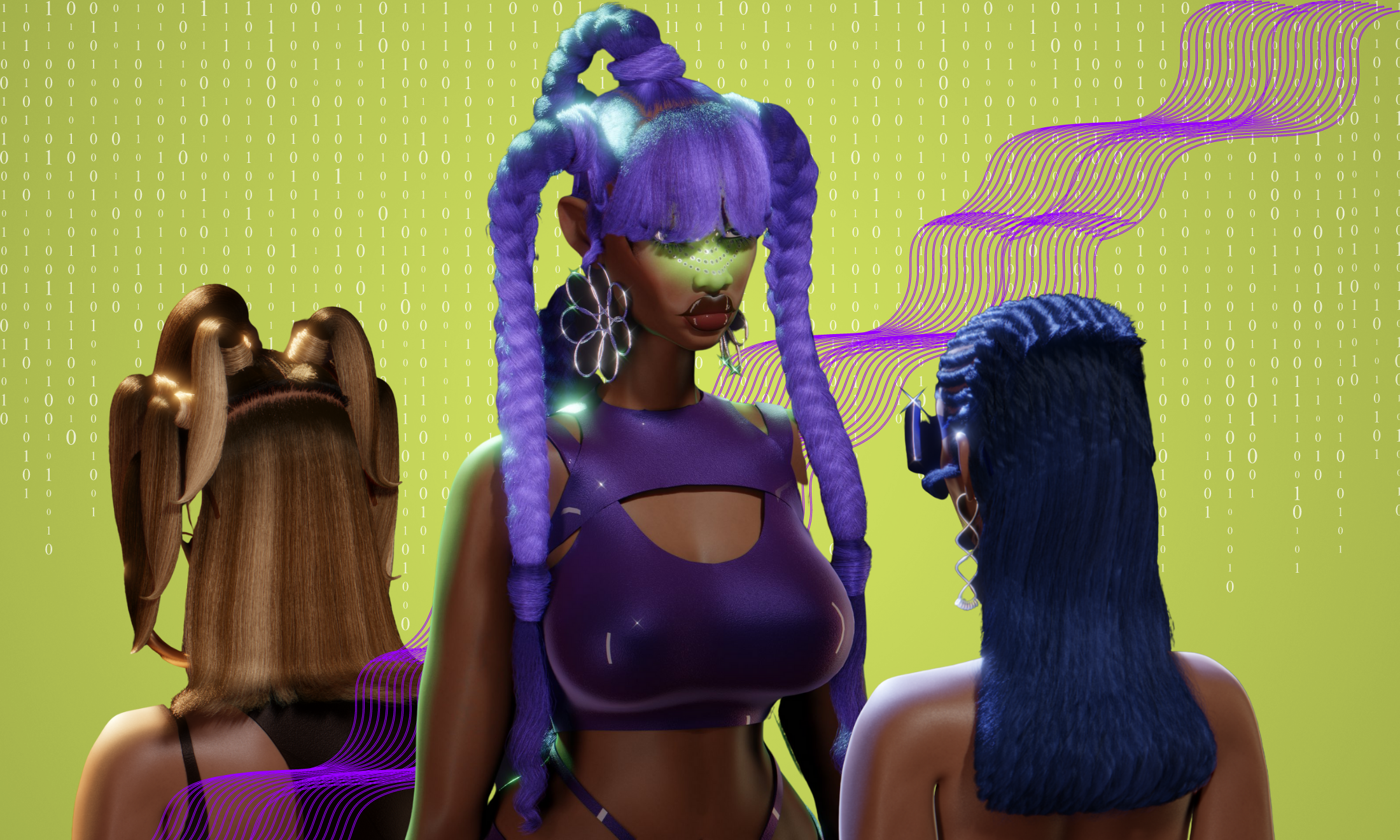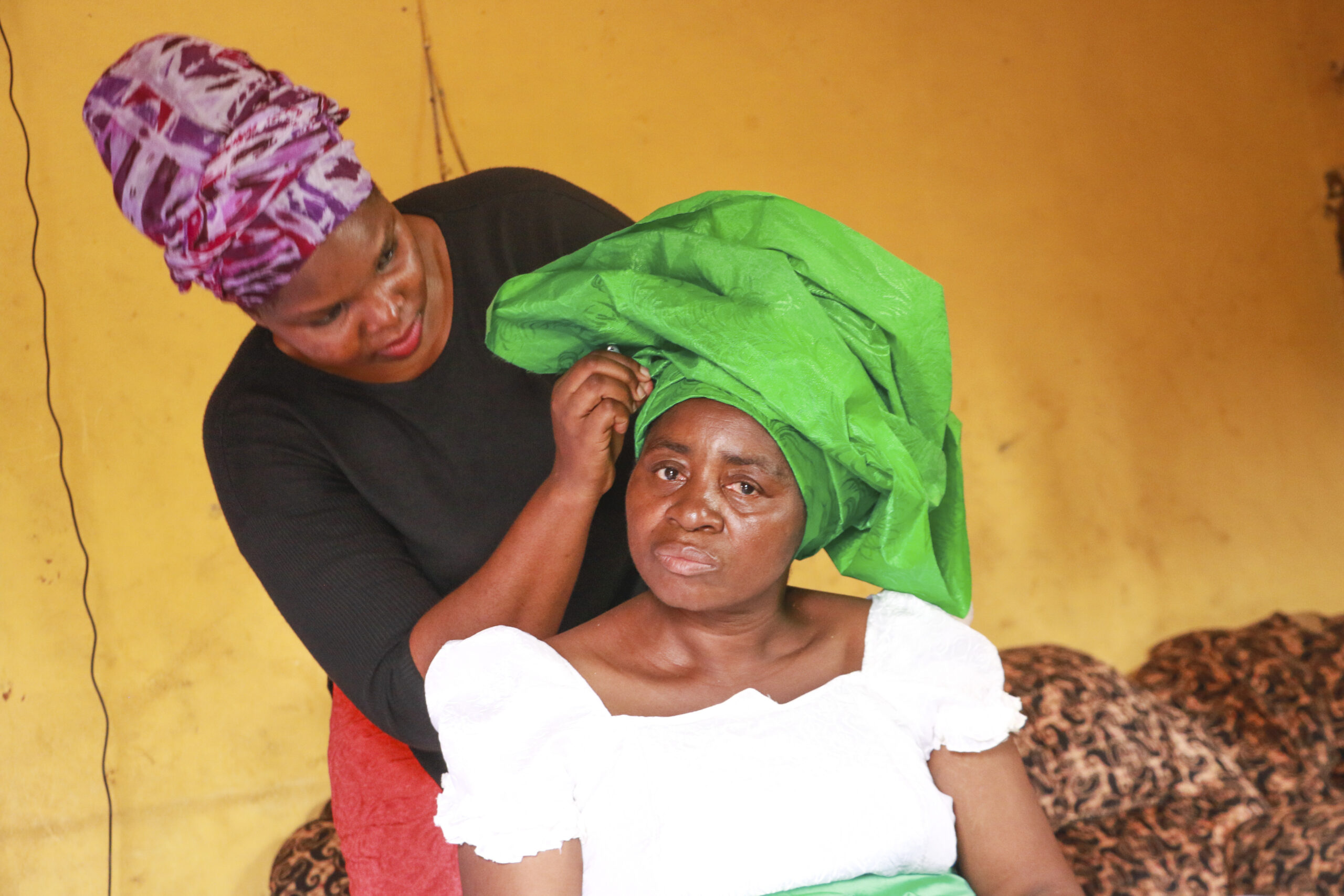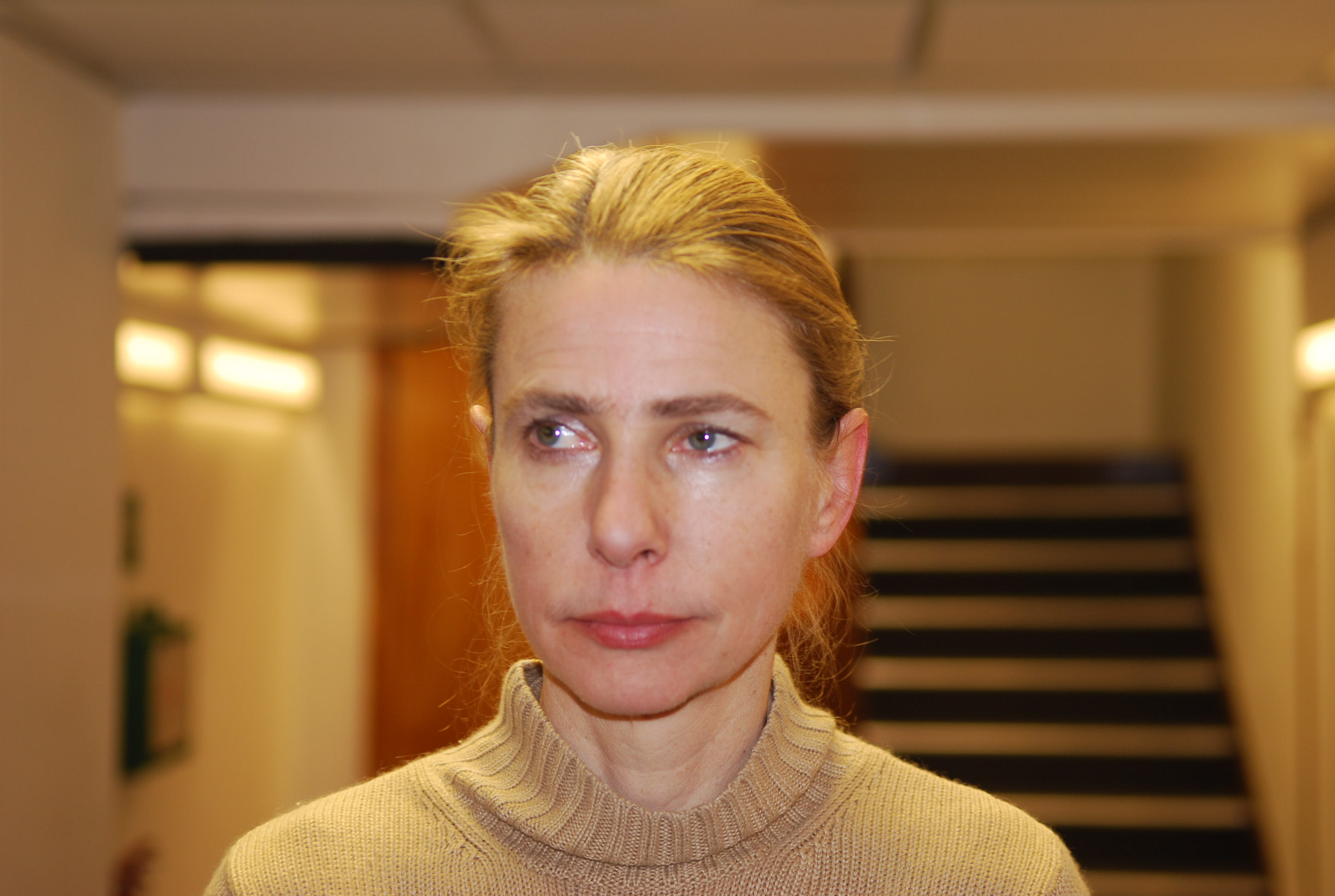
Lionel Shriver spoke to The Telegraph about the response to her recent attack on Penguin’s push for diversity: “If you’re aiming to mirror the proportions of [minority] groups in the UK, that’s a quota”. Not stopping there, of course, she went on to state: “Diversity is a laudable goal, and I’ve never said anything else, but it shouldn’t be the primary goal if your company is meant to be doing something else.”
Going back to her original column in The Spectator, Shriver complains about a “newly shackled” definition of diversity that doesn’t recognise the nuanced differences between “12 white, blue-eyed, blonde men”. So, to give Shriver a break from feeling like a free-thinking martyr, let’s try to debunk what is meant when discussing “diversity” across the media and entertainment industries, and why actual diversity should be a primary goal for those who’ve had the privilege of being a dominant, influential voice for so long.
Penguin’s push to “reflect UK society” doesn’t seem unreasonable when you remind yourself that it’s a pillar in an industry that actively demands the public to pay for the stories they chose to tell us. Therefore, it’s only fair the whole public feel like they have a stake in what they’re consuming. It’s this realisation that has been rippling across many industries – much to Shriver’s dismay. Simply put, diversity is the inclusion of underrepresented communities. However, it appears to be a worrying trend that this push for inclusion is confused with the act of filling quotas. A prime example is the incessant use of the term BAME in these conversations, that turn the issue into one that’s solely to do with race: black, Asian and minority ethnic talent that, once found, will solve the diversity problem, right?
“Penguin’s push to ‘reflect UK society’ doesn’t seem unreasonable from an industry that actively demands the public to pay for the stories they chose to tell us”
As someone trying to work their way up in the film and television industry, I see a slew of “diversity” callouts daily. BAMEs really seem to be in high demand from, in most cases, well-meaning creatives looking to diversify their projects. But the callouts rarely go beyond a request for a homogenised presence of otherness, especially when in the case of casting. Giving no details other than BAME to me suggests “blind casting”, used to populate their projects with faces of colour, reinforcing the sentiment of diversity as box ticking. BAME is the new word to identify non-white talent. It’s a word that’s been made acceptable under the shroud of progression. But once more it feels like it’s us against them. And what’s worse is it feels like we’re still being dealt a favour.
Lumping anyone who isn’t white into the category of BAME, then mining it to make your project feel relevant is not diversity in practice. Refusing to acknowledge the myriad of ethnicities that make up BAMEs perpetuates the fact that once again people of colour are being robbed of their identity by shoving us in a nameless group kept in the background, or behind the scenes, while the same old stories that ignore countless communities get told.
Diversity means the representation of different ethnicities, genders, socio-economic backgrounds, sexualities and disabilities – both physical and mental. Penguin’s recognition of this should be applauded instead of disparaged. How can we claim to want diversity when we tell stories of people who have debilitating health conditions, but can’t or accommodate these people in our workforce, or cultivate an environment where they’re heard, instead of spoken for. When we tell stories of people overcoming discrimination but excuse, or act as purveyors of the same discrimination behind closed doors, the conversation about diversity means nothing. And saying that making space for, engaging with and listening to underrepresented communities should not be a primary goal, as it’s merely a distraction, enables discrimination.
Calling diversity a distraction infers that it also means to many, a compromise in quality, as much as Shriver tries to deny she meant that. But she’s not alone – it wasn’t too long ago that Gemma Lowy Hamilton was despairing about diversity diverting away from the many talented white actors out there. Once again we have someone telling us that industries will compromise the quality of their products by trying to be more diverse. Nowhere in this narrative does the term diversity have any positive connotations for the industries trying to implement it. It only indicates that diversity will pollute normalcy.
“Nowhere in this narrative does the term diversity have any positive connotations for the industries trying to implement it”
This is why it’s important that Kelechi Okafor called out Romesh Ranganathan for saying we shouldn’t be making a fanfare out of diversity in film and television, purely because those who are averse to it will be more likely to judge the project in a harsher light. His Guardian article encourages the attitude that diversity is a phenomenon that needs to be made palatable to the ignorant, instead of calling out the ignorance itself. Moreover, it is severely disappointing coming from a person of colour who’s own ethnic group is underrepresented in his chosen field. Similarly to Shriver, if the issue of diversity no longer holds you back in your career, you should be using this privilege to help amplify underrepresented voices, instead of berating the discussion.
Shriver does, however, applaud schemes that actively “search for people who haven’t had much opportunity in the past” such as WriteNow, a Penguin scheme that offers mentoring and training but “no guarantees” of getting published. While trainee schemes seem to be where the conversation should end for Shriver and many others, they simply aren’t enough. If the goal is that we’re waiting for the time when these people are experienced and established enough to be in positions of power and influence, to have their work consumed or tell their stories; we’re looking at years until we see industries that truly represent us.
Going back to Riz Ahmed’s speech to parliament, not on diversity, but representation; people want to feel like they belong. Seeing people who look like us, who have shared in the same experiences and achieving the unachievable, as our white, able peers so often get to see, resonates on so many levels. Surely showing the public that being straight, white and able is not a prerequisite for inclusion or success can only encourage higher levels of representation across the sectors that the media and entertainment industries inevitably include in their stories. I don’t know about you, but if I had seen more brown and black cops, scientists & CEO’s on TV, or read fewer books where the only names that sounded like mine belonged to the villains, I think I would have had a better sense of the opportunities that were available to me.
Diversity does not mean quotas. Diversity does not just mean including BAME. Diversity does not mean a lowering of standards. Diversity simply means it’s time to stop being offended at the prospect that some things just aren’t about you.


